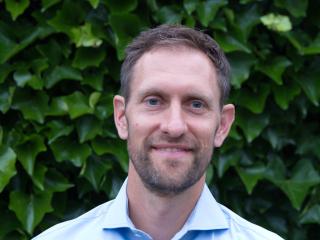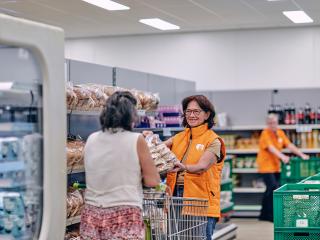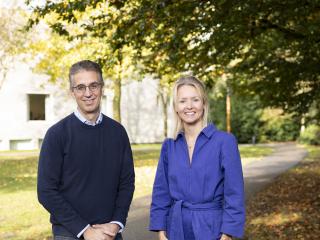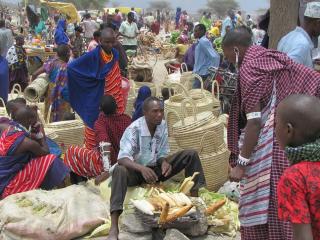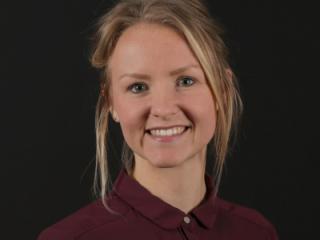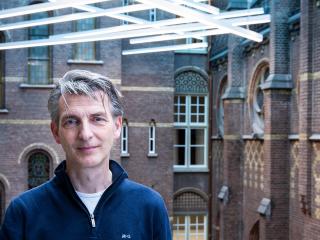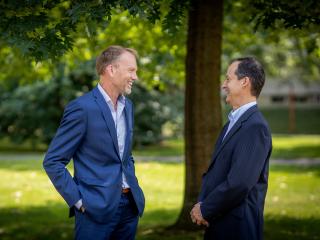Under the radar
Hunger is not only a problem in several developing countries in the world, but also in the Netherlands. In 2020, around 150,000 individuals benefited from the support of Dutch Food Banks. The organization of Dutch Food Banks requested Zero Hunger Lab to develop techniques to predict which people of are eligible for Food Bank support.
The Food Banks ensure that individuals that are living below subsistence level are able to consume enough food to function properly in society. The Food Banks collect food that otherwise would be thrown away or that is donated for other reasons, and distribute this to people that are in need of help. However, the Dutch Food Banks suspect that about 250,000 more individuals and households may need this Food Bank support. These individuals are referred to as ‘under the radar’.
Approach and implementation
The organization of Dutch Food Banks requested Zero Hunger Lab to develop techniques to predict which people of are eligible for Food Bank support, based on public data that is available at the municipalities and the statistics databases. Because of the GDPR law, the final deliverables for the Food Bank is not a list of people who are probably eligible for the Food Bank. Instead predictions are made about streets or quarters for which there is a high probability that many of the people living there are eligible. This approach was first tested in the city of Den Bosch and will now be further rolled out in the Netherlands.
Using econometric and general statistics techniques ZHL answers the following questions to better identify people that are under the radar:
- What are the characteristics of Foodbank customers?
- When and why do clients enter and exit the Foodbank program?
- What influences the sojourn time of customers?
- Which characteristics influence the recurrence of customers?
- Can we identify customer segments and, if so, based on which characteristics?
This research gives insights for the Food Bank how many more people are eligible for Food Bank support. The techniques enable the Food Bank to predict the number of potential beneficiaries if the eligibility rules are changed.
Part of the research was also to analyze how much data is needed to get a sufficient accurate prediction. At the municipality a lot of data is available, but it is preferred to use less data if still an accurate prediction can be generated.
Support 'Onder de Radar 2.0'
The Food Bank Den Bosch was the pilotproject for this research. More research is conducted by dissiminating the techniques and tools to the other 167 Food Banks in the Netherlands. This project is called 'Onder de Radar 2.0'.
Also this year many more people will need the support of the Food Banks. To help us make the Food Bank’s search system for people ‘under the radar’ more robust, donations are welcome.
News
Also interesting
-
Zero Hunger Lab
Tilburg University’s Zero Hunger Lab is a research group that aims to achieve global food security through the power of data science.
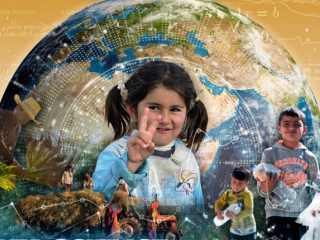
-
Model OPTIMUS and its collaboration with World Food Programme
The UN approached Tilburg University with the challenge of optimizing the supply chain in crisis situations using data analytics.
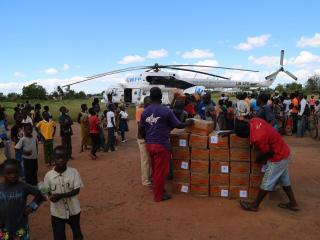
-
Child Growth Monitor
Tilburg University's Zero Hunger Lab was asked to develop the AI algorithm that measures body parameters, such as height, circumference, and weight from images. The algorithm can be included in the app to enable automatic detection of malnutrition in children all over the world.

-
Project Enhance: Cost of Diet
How can we all be provided with food, especially in times of global distress or famine? Through AI and Big Data, the Zero Hunger Lab aims to answer these questions with Project ENHANCE.

-
Fair and sustainable supply chain for sugar cane
Solidaridad asked the Zero Hunger Lab how they could use data to contribute as much as possible to the development of a fair and sustainable supply chain of sugar cane and palm oil.


